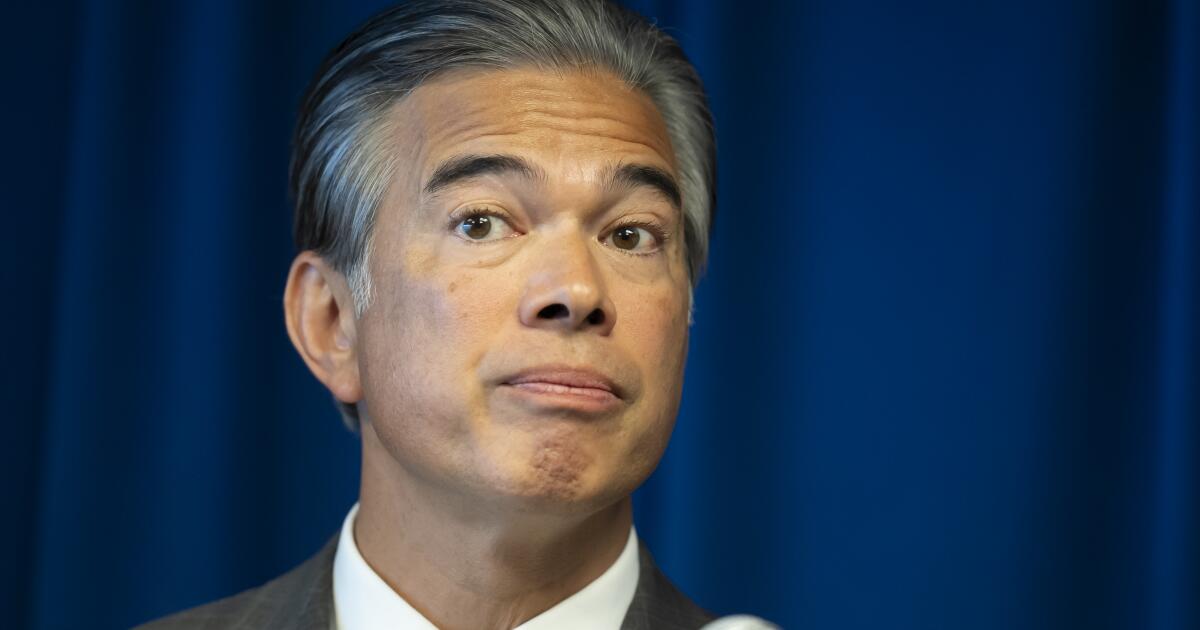LEGAL
2 min readSupreme Court Ruling Allows Race-Based Immigration Stops
TrueGov Editorial Team•3 months ago•2 min read

California AG Bonta criticizes decision on immigration enforcement tactics
1.
The U.S. Supreme Court issued a ruling on September 8, 2025, that permits immigration agents to question individuals suspected of being in the country illegally based on factors including perceived race or occupation. The decision resolves a case brought by the ACLU against the Trump administration regarding immigration enforcement practices. California Attorney General Rob Bonta expressed opposition to the ruling during a news conference in Los Angeles.